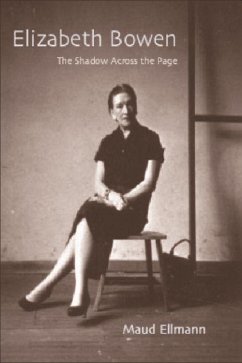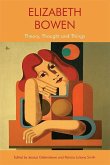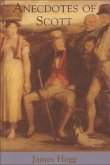This study offers an authoritative introduction to Elizabeth Bowen's works, revealing both their pleasures for the fiction-addict and their fascinations for the literary critic, theorist, and historian. It also provides a lucid introduction -- by demonstration -- to psychoanalytic modes of reading, and shows how such readings are enriched by an understanding of the writer's life and times. Elizabeth Bowen is one of the finest writers of fiction in English in the twentieth century. She is also one of the strangest. Born in 1899 into the Anglo-Irish Protestant ascendancy, she saw herself as the same age as her war-torn century. Her historical vision extends from the Irish Troubles of the 1920s to the London Blitz and the technological revolution of the post-war years. Her fiction is always entertaining - funny, moving, and suspenseful - but it is also profoundly disconcerting. Maud Ellmann teases out Bowen's strangeness through close readings informed by historical, psychoanalytic, and deconstructive methods of interpretation. She contextualises Bowen's work in the Irish and modernist traditions to investigate connections between her life and writing; her conflicts and complicities with other Irish, British, and European writers; her negotiations with contemporary history, and with the long decline of the Anglo-Irish Protestant ascendancy; her peculiar take on gender and sexuality; her hallucinatory treatment of objects, particularly furniture and telephones; and the surprising ways in which her writing pre-empts and in some cases confounds the literary theories brought to bear upon it. Bowen's writing is demonstrated to reach from a Dickensian comprehensiveness to an uncanny premonition of postmodernism.
Hinweis: Dieser Artikel kann nur an eine deutsche Lieferadresse ausgeliefert werden.
Hinweis: Dieser Artikel kann nur an eine deutsche Lieferadresse ausgeliefert werden.








